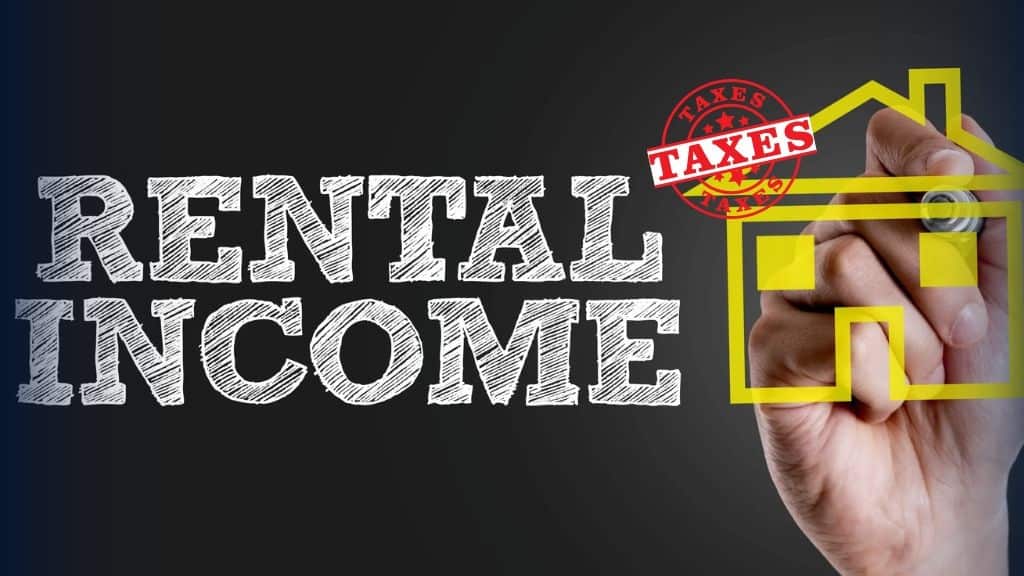Property Geek
We provide the actual and accurate information with unbiased user driven reviews to our viewers, to help them see the best and find the best!
View posts
Real estate investors who generate passive income frequently argue about tax season. Various taxes may have a variety of effects on asset performance. One significant source of revenue is rental income, which raises the question of how that money is taxed.
The answer to this straightforward query is crucial for today’s investors. It is simple to become perplexed by new tax laws, shifting news cycles, and widespread misunderstandings about rental income taxes.
Thankfully, there are a few guidelines you may adhere to maintain focus during tax season.
During tax season, one of the largest mistakes made by investors and company owners is trusting false information. To be successful during tax season, it’s essential to comprehend tax rates, deductions, and how the filing procedure works.
Don’t worry; the method is not as difficult to understand as it sounds.
The tutorial that follows explains rental income taxes and how investors may be ready to file for the upcoming tax year.
As a landlord, any rental income you received is taxable and needs to be disclosed. Rent payments, security deposits, leasing costs, and any other cash flow derived from a specific property are typically considered to be a part of rental revenue.
While rent payments may make up the majority of a property’s income, it’s crucial to take into account all other income-producing sources. For instance, even if the lease doesn’t finish until the following year, both the first and final month’s rent paid upon move-in will be taxed.
Advance rent is a practice that commercial property owners should be aware of because leases sometimes run for several years.
For rental income taxes on house rent, security deposits are also important, especially when treated as the previous month’s rent. For instance, if a landlord and renter reach this arrangement, the money must be declared as rental income for the year it was received.
The security deposit, on the other hand, won’t be taxed in the same way as rental revenue if investors do not intend to use it to pay the previous month’s rent.
Tenant-paid bills like water or power are another ambiguous area for many real estate owners. The property owner must include this money in rental revenue if the renter pays for any utilities.
The first revenue from tenant payments must be reported by landlords even if utility bills are frequently allowable tax deductions. Consult a tax expert for further information on the tax on rental income.
Depending on whether your rental company is considered passive or not will determine the tax on rental income. Rental income is often categorized as passive income and taxed as such. Property development, building, operation, management, or leadership activities are all part of a non-passive rental business.
Whether or whether the property owner is an active participant is another difference that must be made in order to calculate the income tax rate for rental properties. This speaks to the kind of managerial choices that are being made.
An investor may be regarded as an active participant if they take up the duties of property management.
Each of these requirements is significant because, in addition to affecting the tax rate, they may also affect the deductions that a property owner may be qualified for.
Starting with the revenue component of the situation. Your home may provide a variety of rental revenue streams:
When you plan to give the renter their security deposit back at the end of the lease, it isn’t considered income. Instead, it shows up as a short-term obligation on your rental property balance sheet.
It turns into rental revenue in that tax year, though, if the renter violates the conditions of the lease and you keep all or a portion of the security deposit.
Now let’s review some of the typical rental property expenditure deductions you can claim from all of the money you’ve earned for the tax year:
To determine your taxable income prior to depreciation, proceed by deducting all of your costs from your income.
It’s important to comprehend the tax on income ramifications of selling a rental property. If any profits are made from selling a rental property, the proceeds will be taxed as long-term capital gains.
As a result, depending on how much profit you made, you will pay a different amount. This tax is only applicable if you have owned the property for more than a year, as is typical for the majority of rental properties.
Consideration should also be given to a depreciation recovery tax. When you held a rental property, you might have profited from the property’s depreciation, which lowers the renter’s taxable income.
Nonetheless, you’ll be liable for paying taxes on all of the depreciation expenses you spent while you were the property’s owner.
In conclusion, there is an abundance of information about taxes and rental income property. Investors should thus be wary of inquiries like “how is rental income taxed” and “is rental income taxable.”
You can help make sure tax season works successfully for your business by keeping meticulous records, looking into potential deductions, and being familiar with the reporting procedure. Rental income taxes do not have to be frightening; all it takes is some advance thought and preparation on the part of investors.